July 16, 2019
The workplace of tomorrow redefined by learning and AI
 Unily has released a report analysing the trends and issues shaping the workplace of tomorrow. The report, ‘Future of the Workplace 2030+’, has been co-created with the futurist Anne Lise Kjaer, a regular on the TED Talks circuit best known for the book The Trend Management Toolkit. Looking at the transformation of our working lives over the next 10 years and beyond, the report explores both the challenges and the opportunities as companies prepare for a new wave of technological advances and a new generation of workers. It sets out specific challenges including how to incorporate Generation Z in the workplace, integrate new technology and face greater scrutiny of organisational values. It also suggests that new jobs will emerge such as ‘Vice President of No’, ‘Professional Rebel’ and ‘Ideas Broker’. (more…)
Unily has released a report analysing the trends and issues shaping the workplace of tomorrow. The report, ‘Future of the Workplace 2030+’, has been co-created with the futurist Anne Lise Kjaer, a regular on the TED Talks circuit best known for the book The Trend Management Toolkit. Looking at the transformation of our working lives over the next 10 years and beyond, the report explores both the challenges and the opportunities as companies prepare for a new wave of technological advances and a new generation of workers. It sets out specific challenges including how to incorporate Generation Z in the workplace, integrate new technology and face greater scrutiny of organisational values. It also suggests that new jobs will emerge such as ‘Vice President of No’, ‘Professional Rebel’ and ‘Ideas Broker’. (more…)













 Worker performance could increase by 20 percent if the fresh air supply in offices and meeting rooms is improved, finds a new report developed by Sharp and workplace psychologist Dr Nigel Oseland.
Worker performance could increase by 20 percent if the fresh air supply in offices and meeting rooms is improved, finds a new report developed by Sharp and workplace psychologist Dr Nigel Oseland. 
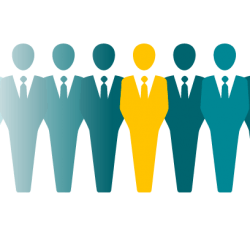 An emerging super-group of employees and consumers in the UK is adding intense pressure to already challenged C-suite leaders who are navigating tough economic, technological and geo-political environments – further threatening company growth, a new Accenture (NYSE: ACN) study finds. With nearly three-quarters (73 percent) of these powerful stakeholders believing they have the potential to destroy company value in the long term, the C-suite understands the need to respond.
An emerging super-group of employees and consumers in the UK is adding intense pressure to already challenged C-suite leaders who are navigating tough economic, technological and geo-political environments – further threatening company growth, a new Accenture (NYSE: ACN) study finds. With nearly three-quarters (73 percent) of these powerful stakeholders believing they have the potential to destroy company value in the long term, the C-suite understands the need to respond. 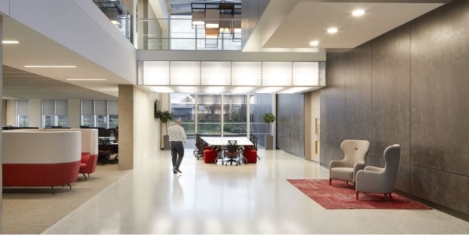
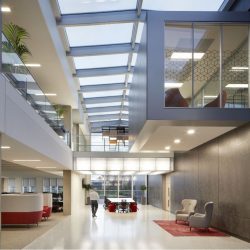
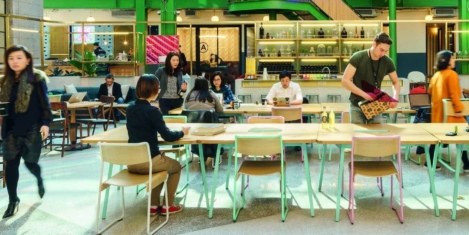
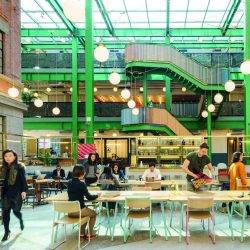


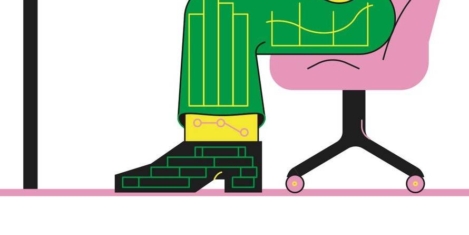
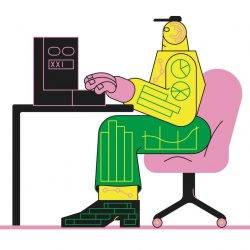








July 2, 2019
A Turing Test for the workplace 0
by Mark Eltringham • Comment, Facilities management, Technology, Workplace, Workplace design